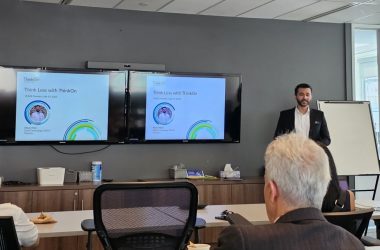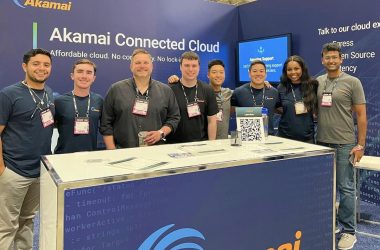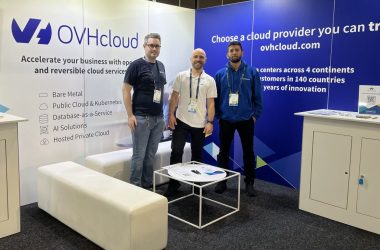Open-source solutions provider Red Hat has released an update for its Ansible Automation Platform. In order to impose governance and guarantee consistency across hybrid cloud infrastructures – which are expected to be progressively inhabited by a broad and expanding range of AI applications – the business is now offering automated ‘policy as code’ capabilities. The goal of this new feature is to completely transform the large-scale management of policies and compliance, particularly in light of the increasing complexity brought about by AI technologies.
Red Hat’s most recent innovation tackles the serious issues faced by IT departments in a time when artificial intelligence (AI) is not just a viable option but also a requirement for scaling commercial operations. IT operations would be under constant pressure to increase productivity and reduce expenses while meeting the ever-changing demands of the development, operations, and security teams as well as the quick speed of innovation, according to IDC insights. This is made more difficult by a widespread skills gap and a lack of human resources, which makes the conventional IT management approaches unfeasible.
Red Hat’s automated ‘policy as code’ offering aims to mitigate these challenges by enabling organizations to implement essential policies across vast workloads more efficiently. This approach can be critical as enterprises look to scale AI, which inherently could increase the complexity and scope of systems beyond what human teams can manage alone. The manual execution of these tasks would not only be time-consuming but also prone to errors, which can be costly in environments where compliance with stringent security, performance, and auditability standards is mandatory.
“Regulators require safeguards that allow for flexibility and creativity in AI systems while maintaining compliance,” said Jim Mercer, Program Vice President, Software Development, DevOps & DevSecOps, IDC. “To enable policies across platforms and teams and guarantee scalability, a straightforward and uniform method is needed. To achieve these ends, policy as code will be essential, and standardized templates will help associates adopt new policies more easily and modernize their skill sets.”
Governance, Risk, Compliance
Establishing strong security controls can be crucial for promoting AI innovation in businesses, and this policy as code capability would be a logical next step in IT automation. Red Hat says it facilitates seamless alignment of enterprises’ technological operations with particular governance, risk, and compliance (GRC) needs by automating these procedures. Because system components may depart from policies, this would guarantees consistent adherence to pre-execution and real-time standards.
Red Hat‘s initiative would also simplify the management of AI workloads, from inception through the entire lifecycle, across global operations. This is facilitated by automated audit reporting features that liberate technology teams from routine governance tasks, allowing them to focus more on strategic initiatives. By embedding these automated guardrails into operations, IT teams might gain the confidence to invest in new technologies, knowing there is a foundational layer of protection.
The Ansible Automation Platform would consistently introduce innovations that address critical gaps in IT operations, such as the new Ansible Lightspeed, which bridges skills gaps, and Event-Driven Ansible, ensuring tools are always responsive and operational.
Moreover, with the integration of policy as code capabilities, teams utilizing AI services like Ansible Lightspeed for accelerating automation development can now embed governance directly into the automation content. This preemptive compliance might significantly diminish the risks associated with skills shortages and human errors in IT operations, ensuring that automated systems consistently meet stringent compliance demands.
Availability Tech Preview
Looking ahead, Red Hat has announced that a tech preview of the automated policy as code feature for the Ansible Automation Platform will soon be available. The company is actively engaging with customers and partners through advocacy groups, providing a platform for stakeholders to contribute insights, share best practices, and discuss integration strategies. These collaborations can be crucial as they enable the implementation of recommended practices in a manner that is automatically enforceable and seamlessly integrated into service offerings.
This move places Red Hat at the forefront of tackling the intricate issues raised by the incorporation of AI into conventional IT frameworks. Red Hat’s policy as code effort could play a crucial role in helping organizations align IT operations with the rapidly changing technological world, as they continue to traverse the complexities of digital transformation.
“AI is a logical development of automation, which is a crucial part of enterprise IT. It is now obvious that artificial intelligence (AI) will be the most revolutionary technology of our time,” said Sathish Balakrishnan, Vice President and General Manager, Ansible, Red Hat. “More complexity and sprawl are produced by the rush to adopt and deploy AI workloads with hybrid cloud computing. Automation becomes a genuinely vital element in AI progress when policy as code enforces essential compliance criteria as AI-generated applications and systems emerge, helping to bring order to this potential and present sprawl.”









